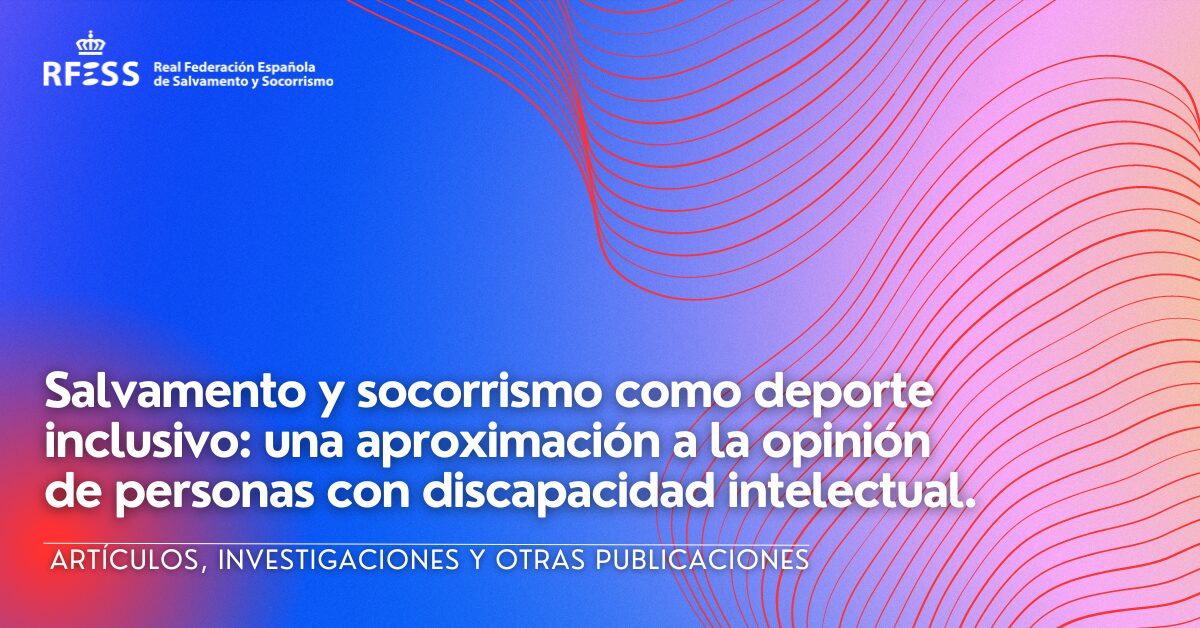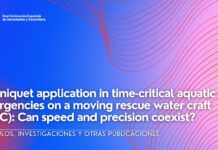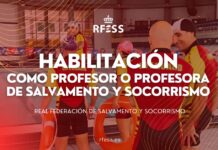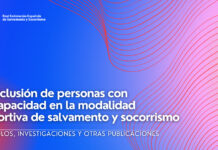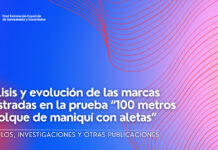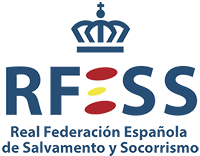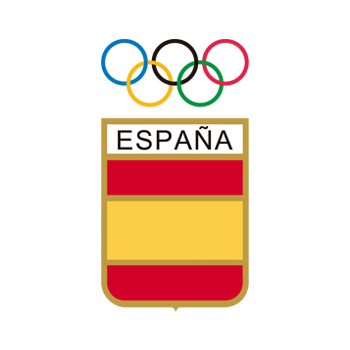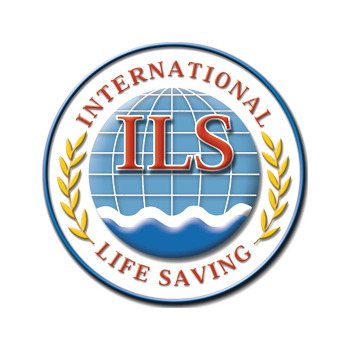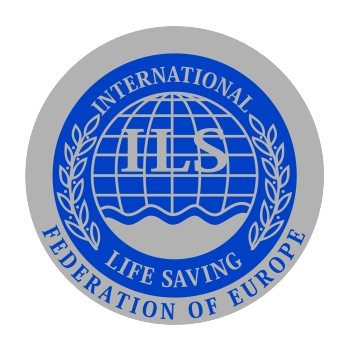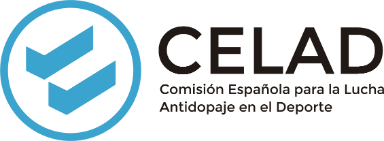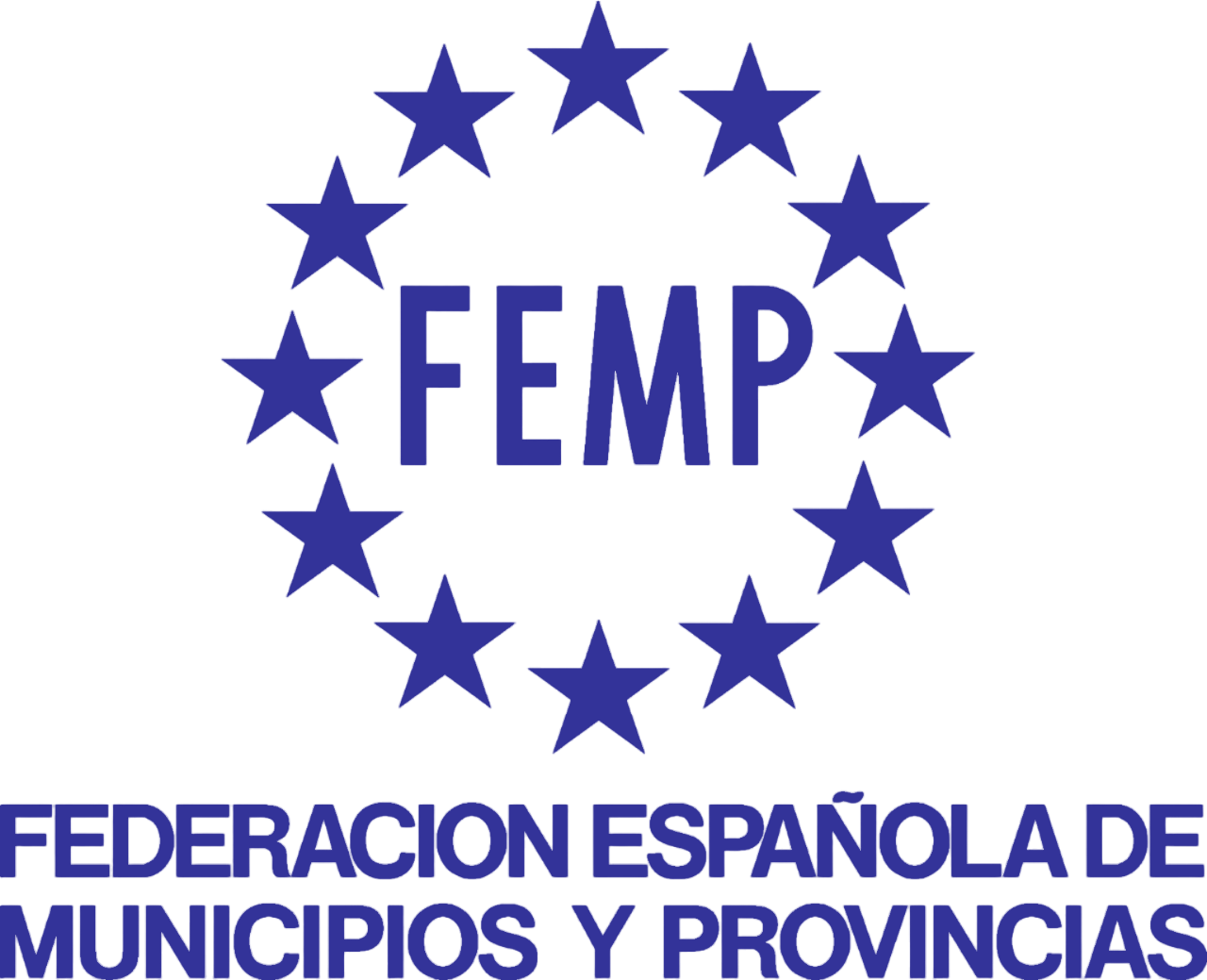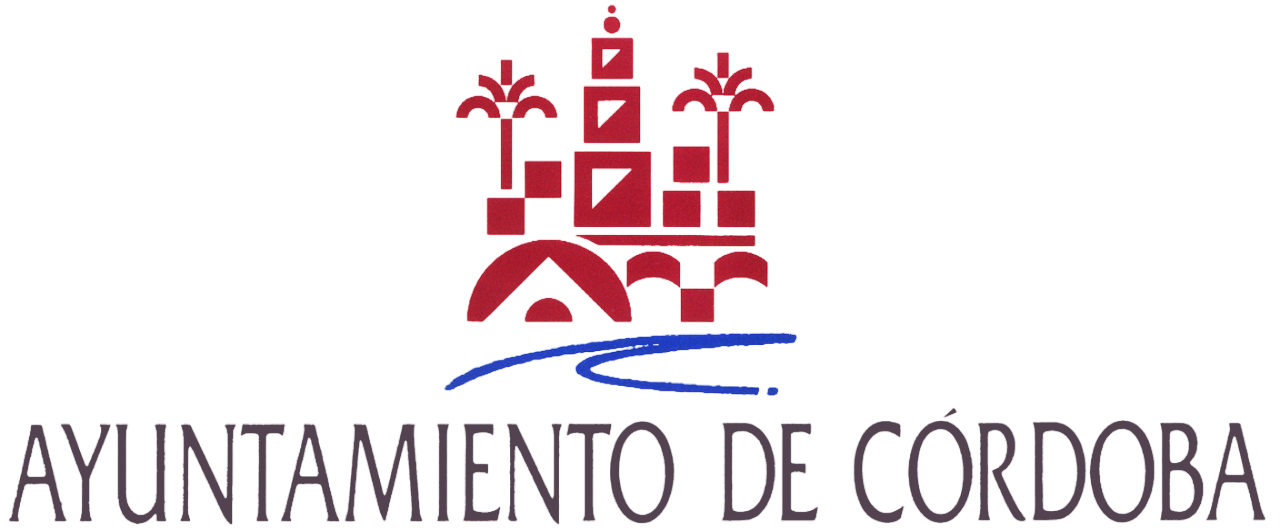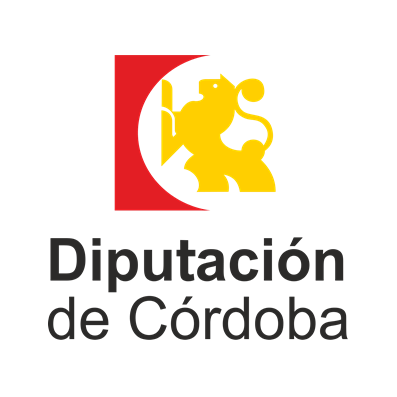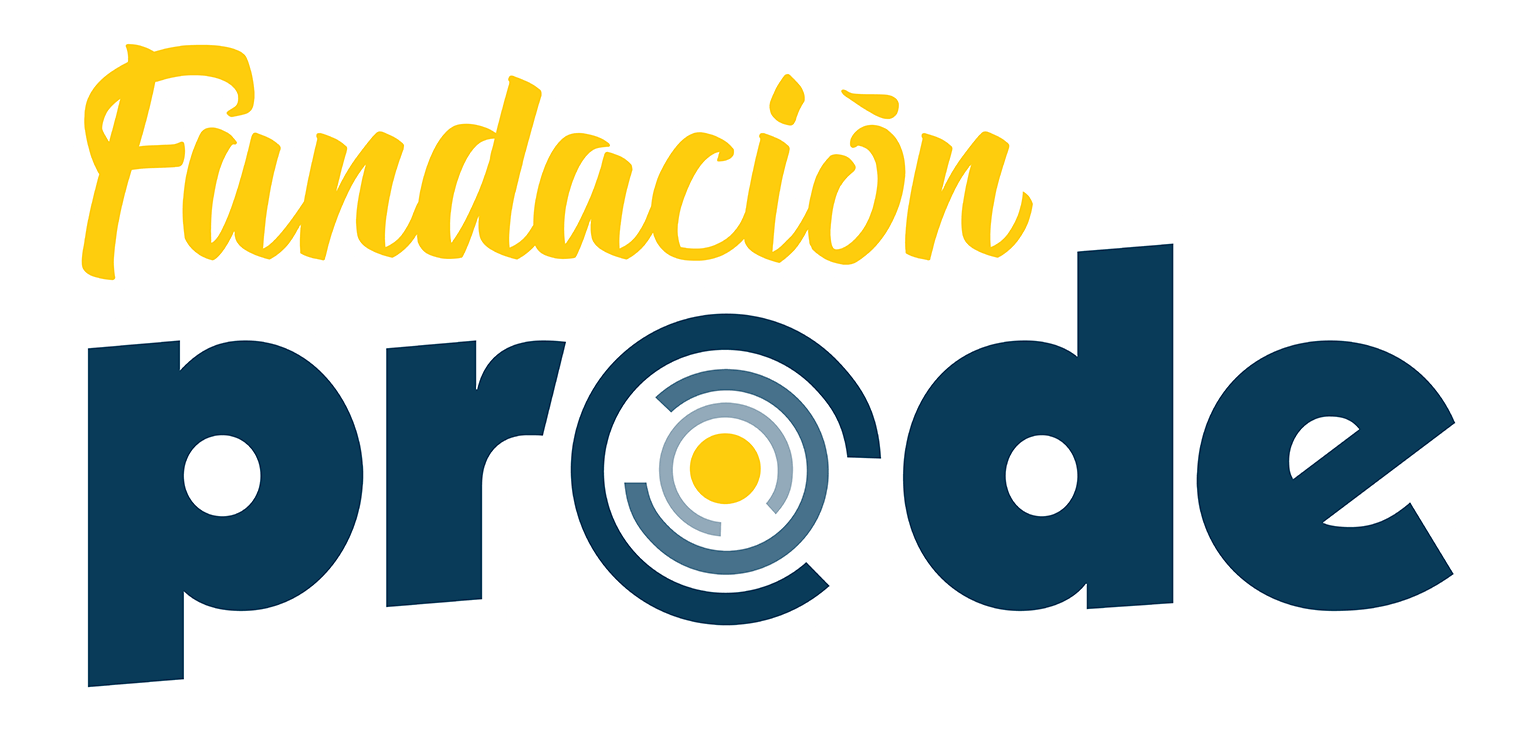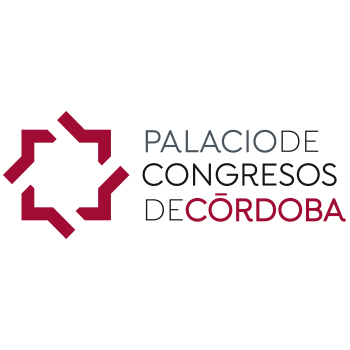Salvamento y socorrismo como deporte inclusivo: una aproximación a la opinión de personas con discapacidad intelectual.
Lifesaving as an inclusive sport: an approach to the opinion of people with intellectual disabilities
Revista: Retos. Nuevas tendencias en Educación Física, Deporte y Recreación.
Autores y autoras: Calle-Molina, M. T., & Sanz-Arribas, I.
Referencia bibliográfica: Calle-Molina, M. T., & Sanz-Arribas, I. (2024). Salvamento y socorrismo como deporte inclusivo: una aproximación a la opinión de personas con discapacidad intelectual (Lifesaving as an inclusive sport: an approach to the opinion of people with intellectual disabilities). Retos, 61, 375–383.
DOI: https://doi.org/10.47197/retos.v61.108067
Enlace al documento: https://recyt.fecyt.es/index.php/retos/article/view/108067/80078
Resumen:
El objetivo de este estudio es conocer los efectos que provoca la impartición de un taller de iniciación a la modalidad deportiva de salvamento y socorrismo en personas con Discapacidad Intelectual (DI). Diecisiete personas con DI moderada recibieron tres sesiones prácticas y dos teóricas sobre la prueba de salvamento y socorrismo “50 metros arrastre de maniquí”. La metodología fue de tipo cualitativo y las técnicas de investigación empleadas fueron la entrevista grupal, la encuesta y la observación participante. Doce participantes del estudio respondieron que les gustaría participar en una competición inclusiva de salvamento y socorrismo, en cambio, cinco participantes se mostraron reticentes ante esta posibilidad. Las emociones percibidas por los participantes durante las sesiones han sido positivas. La mayor parte fue capaz de realizar correctamente el recorrido y las diferentes fases de la prueba “50 metros arrastre del maniquí”, pero sólo tres de los participantes fueron capaces de ejecutar la prueba con el maniquí lleno de agua y sin adaptaciones. Se concluye que la impartición de un taller sobre la modalidad deportiva de salvamento y socorrismo ha provocado efectos positivos en los participantes del estudio. Los participantes afirman que el salvamento y socorrismo es un deporte novedoso, motivante y exigente donde pueden hacer nuevas amistades. Sienten que han disfrutado y aprendido en las sesiones del taller porque han trabajado con sus compañeros/as de clase y porque han adquirido competencias útiles para evitar el ahogamiento.
Palabras clave:
Actividades acuáticas, Salvamento y socorrismo, Diversidad funcional, Deporte inclusivo, Justicia social
Resumen:
The aim of this study was to determine the effects of an introductory workshop about the sport of lifesaving and lifeguarding on people with intellectual disabilities (ID). Seventeen people with moderate ID received three practical classes and two theorical on the lifesaving and lifeguarding test “50 meters manikin dragging”. The methodology was qualitative, and the research techniques used were group interview, survey and participant observation. Twelve study participants responded that they would like to participate in an inclusive lifesaving and lifeguarding competition, while five participants were reluctant to do so. The emotions perceived by the participants during the sessions were positive. Most of them were able to correctly perform the course and the different phases of the “50-meter manikin drag” test, but only three of the participants were able to perform the test with the manikin full of water and without adaptations. It is concluded that the teaching of a workshop on the sport of lifesaving and lifeguarding has had positive effects on the participants of the study. The participants affirm that lifesaving is a new, motivating and demanding sport in which they can make new friends. They feel that they have enjoyed and learned in the workshop sessions because they have worked with their classmates and because they have acquired useful skills to prevent drowning.
Keywords:
Aquatic activities, Lifesaving, Functional diversity, Inclusive sport, Social justice


